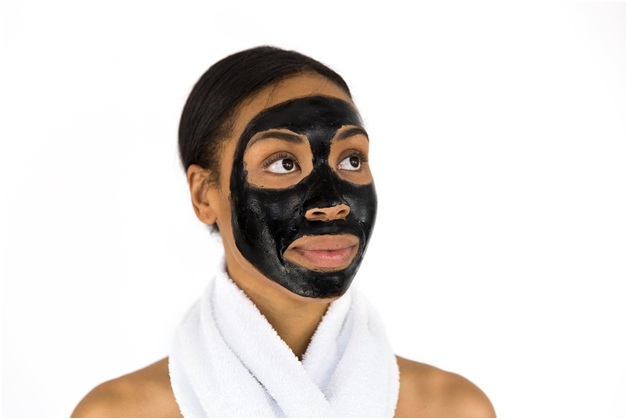Your skin needs to retain moisture in order to stay healthy. That is why the cold temperatures can have an irritating effect on your skin. When your skin is exposed to dry air or cold temperatures, it causes your skin to dry out and often become flaky, red and itchy.
It is worse when there is a cold wind outside because it damages your skin a lot faster. You may even feel pain if the irritation is too bad. To help prevent your skin from getting irritated in the winter, you need to think about ways to keep it moisturised as much as possible. Below are 10 skin care tips which should help you achieve this goal.
1. Use a Humidifier
You spend a lot of time in your bedroom as you sleep. You need to ensure your room is not to hot and dry. During the wintertime, it may be a good idea to put a humidifier in your bedroom. Indoor areas can dry out fast, especially when the heater is running. Heat can dry out your skin as much as cold can.
So, you need to put some moisture in the air to counterbalance this. Just don’t put too much moisture in the air or else mould may form on the walls. It may take a couple of attempts to get this right but it is worth persevering.
2. Skin Laser Treatmeants
The cold, harsh winter weather can make the skin appear dull. There are specific laser treatments that can be used to add vibrancy back to the skin and remove that dried, flaky look. Consult a professional to see the best options available for your skin type.
3. Wash with Lukewarm Water
Whether you’re taking a shower or washing your hands and face, do not use very hot or very cold water to do it. Always use lukewarm water to wash your face, hands, and body in the wintertime. Lukewarm water is not irritating to the skin and will keep it refreshed.
4. Avoid Too Much Heat
When it is very cold outside, your first instinct may be to go inside and turn on the heat to 26°C. But you should avoid doing this because too much heat can dry out the skin as well. For this reason, try to keep the thermostat set to between 20°C and 22°C. That should be a good temperature range to keep your skin comfortable and safe.
5. Moisturize the Skin
If you know that your skin is going to be exposed to the cold dry air outside, apply some moisturiser lotion or cream to your skin before leaving your home. This will help protect your skin when there are outside elements that want to take moisture away from your skin.
6. Fragrance-Free / Oil-Free Skin Products
When you choose moisturisers or any other skin products, make sure they’re formulated for sensitive skin. This usually means they’re fragrance-free, oil-free, and hypoallergenic. Harsh chemicals are a contributing factor to damaging skin.
7. Drink Water
Your skin stays hydrated when you drink water. Avoid drinking hot tea or coffee to warm yourself up because these drinks will not hydrate your skin as much. If you must, drink hot water with a slice of lemon and a dash of honey if you really want to warm up.
8. Exfoliate
Your skin will have a lot of dead cells lying on its surface during the winter. If you don’t exfoliate your skin and remove these dead cells, then it will be difficult for moisture to reach your skin. Use an exfoliating brush or mask to exfoliate all your skin and get rid of those flaky bits associated with cold weather skin.
9. Eat Watery Foods
Try to eat more foods with a high level of water content in them. Some examples of these foods include watermelon, oranges, apples, celery, carrots, tomatoes, zucchini, cucumbers, and kiwi. You’ll also want to consume a lot of zinc and vitamin C for better collagen production.
10. Wear Hydrating Masks
Hydrating beauty masks are great for adding moisture to your facial skin. These masks must consist of naturally hydrating ingredients, such as yogurt, honey, almond oil, coconut oil, aloe, olive oil, or avocado.
Image Pixabay License CCO

